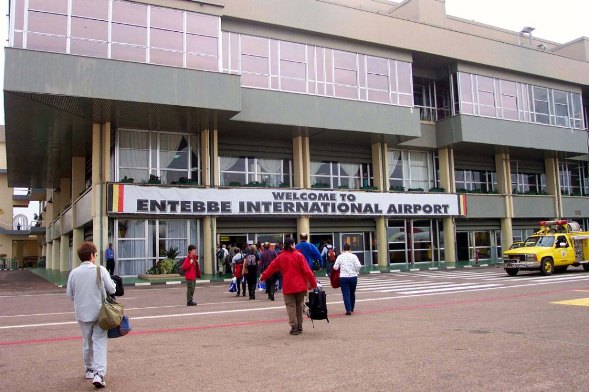The global tourism industry has been severely impacted by the Covid-19 pandemic, experiencing a significant decline in travel and tourism activities. As countries gradually recover from the crisis, the focus now shifts to revitalizing the tourism sector and adapting to the new realities of travel.
One of the key lessons learned from the pandemic is the importance of digitization in the tourism sector. To adapt to the changing consumer behavior, businesses are leveraging technology to enhance the travel experience.
Online booking platforms, contactless check-ins, and virtual tours are just a few examples of how the industry is embracing digital innovation. This not only ensures the safety of travelers but also enhances convenience and efficiency.
The post-Covid era presents an opportunity to prioritize sustainable tourism practices. Travelers are now more conscious of their impact on the environment and local communities.
Destinations are focusing on promoting eco-friendly initiatives, such as reducing carbon emissions, conserving natural resources, and supporting local businesses.
By adopting sustainable practices, the tourism industry can attract environmentally-conscious travelers and contribute to the long-term preservation of natural and cultural heritage.
With international travel restrictions still in place, many countries are turning their attention to domestic tourism.
Governments are launching campaigns to encourage citizens to explore their own country, showcasing the beauty and attractions that may have been overlooked in the past.
This not only boosts the local economy but also strengthens the sense of national pride and appreciation for local culture and heritage.
In the face of the pandemic’s challenges, collaboration and partnerships are crucial for the tourism industry’s revival. Governments, tourism boards, and private sector entities are working together to develop comprehensive recovery plans.
This includes sharing resources, knowledge, and best practices to ensure a coordinated effort in rebuilding the tourism sector.
Collaboration also extends to international cooperation, with countries joining hands to promote safe and seamless travel across borders
Ensuring the health and safety of travelers is paramount in the post-Covid era. Tourism stakeholders are implementing rigorous health protocols and hygiene measures to instill confidence in travelers.
This includes regular sanitization of accommodations and tourist sites, adherence to social distancing guidelines, and the use of contact tracing and testing. By prioritizing the well-being of visitors, the tourism industry can regain trust and entice travelers to explore new destinations.
As the world emerges from the grip of the Covid-19 pandemic, the tourism industry faces the challenge of rebuilding and adapting to the new normal. By embracing digital transformation, promoting sustainable practices, focusing on domestic tourism, fostering collaboration, and prioritizing health and safety, the sector can revamp itself and create a resilient and thriving future.
The post-Covid era presents an opportunity for the tourism industry to reinvent itself, delivering memorable experiences while contributing to the socio-economic development of nations.
Check also;
This is not a Paywall, but Newslex Point's journalism consumes a lot of time, hard-work and money. That's why we're kindly requesting you to support us in anyway they can, for as little as $1 or more, you can support us .Please use the button below to contribute to Newslex Point, Inc. using a credit card or via PayPal.

 Newslex Point News in Uganda, Uganda news
Newslex Point News in Uganda, Uganda news












